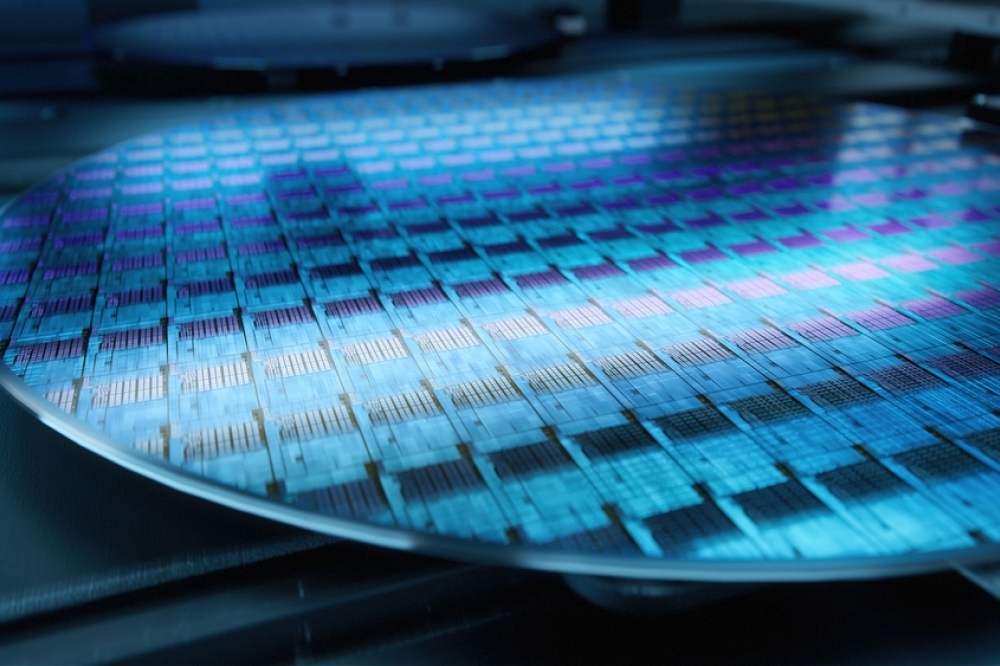Dutch Government publishes additional semiconductor export measures

The Dutch Government reports that, as of 1 September 2023 additional export control measures will enter into force for advanced semiconductor manufacturing equipment.
From that point on, the export of certain advanced semiconductor manufacturing equipment will be subject to a national authorisation requirement. The ministerial order in question, which was announced on 8 March in a letter to the House of Representatives, was published today in the Government Gazette.
Dutch Minister for Foreign Trade and Development Cooperation Liesje Schreinemacher said, ‘We’ve taken this step on national security grounds. It’s good for the companies that will be impacted to know what they can expect. This will give them the time they need to adapt to the new rules.’
Under this ministerial order, it will now be necessary to apply for an export authorisation for the export of certain types of advanced semiconductor manufacturing equipment. The order deals with a number of very specific technologies for the development and manufacture of advanced semiconductors. Because of the specific ways they can be used, these semiconductors can make a key contribution to certain advanced military applications. The uncontrolled export of goods and technologies therefore potentially poses national security risks. The Netherlands bears an extra responsibility in this regard because this country has a unique, leading position in this field. Like the export control policy in general, this additional step is country-neutral.
‘We’ve given careful consideration to this decision and drafted the ministerial order as precisely as possible. That way, we can address the most important vulnerabilities without causing unnecessary disruption to the global manufacture of chips,’ the minister remarked.
Following the announcement, ASML explained that, due to these export control regulations, the company will need to apply for export licenses with the Dutch government for all shipments of its most advanced immersion DUV lithography systems (TWINSCAN NXT:2000i and subsequent immersion systems). The Dutch government will determine whether to grant or deny the required export licenses and provide further details to the company on any conditions that apply.
As a reminder, sales of ASML’s EUV systems have already been restricted.
Shipments of other ASML systems are not controlled by the Dutch government.
ASML will continue to comply with applicable export regulations, including Dutch, EU and US regulations.
The new Dutch export control regulations will come into effect on September 1, 2023. ASML can start submitting export license applications before that date. The Dutch government will grant or deny these applications on a case-by-case basis.
Based on the announcement, the company says that it dies not expect these measures to have a material impact on its financial outlook published for 2023 or for longer-term scenarios as communicated during the Investor Day in November 2022.
In this regard, it is important to consider that the additional Dutch export controls only pertain to the TWINSCAN NXT:2000i and subsequent immersion systems.
In addition, ASML’s longer-term scenarios are primarily based on global secular demand and technology trends, rather than on detailed location assumptions.

































